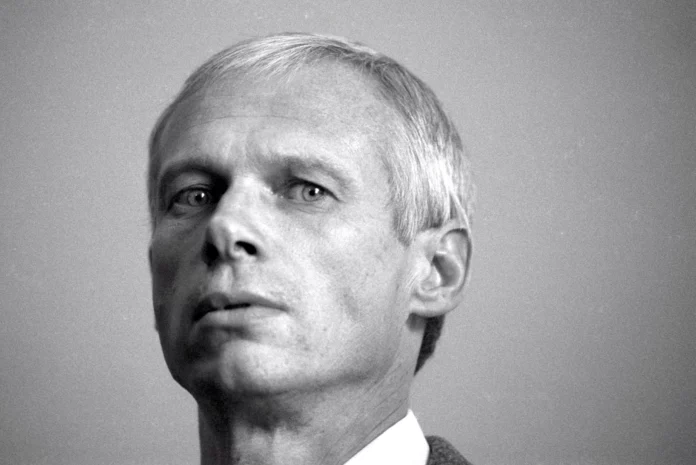What does the notion of equality before the law mean, and what values ought this constitutional conception convey to society?
Is Mr Joe Soap, a cabinet minister, or a popular political figure, more deserving of the protection of the law than an ordinary citizen?
The concepts of equality before the law and rule of law are two sides of the same coin, turning together towards the creation of an egalitarian society whose foundation is based on social justice and legality.
In light of the Constitutional Court’s decision on Monday in which the tenor of chief justice Raymond Zondo’s judgment strongly suggested that even murderers such as Janusz Walus – a cruel man who callously ended SA Communist Party leader Chris Hani’s life on April 10 1993 – are deserving of justice.
Zondo’s judgment relied on section 33 of the constitution, which states that “everyone has the right to administrative action that is lawful, reasonable and procedurally fair”, and other pieces of human rights acts that relate to judicial review of administrative action.
The import of Zondo’s precedent-setting judgment is that no correctional service administrative officials or minister of justice may act ultra vires, outside what the constitution and Bill of Rights demand of them.
Additionally, if they defied the provisions of the constitution and the law, the apex court is duty-bound to intervene, and set aside administrative decisions and court judgments that are based on irrationality and arbitrariness and illegality.
The judgment spent a considerable time warning against “arbitrary exercise of power” – a phenomenon that should not be tolerated.
With that said, the impending release of Walus on parole this week, has set the South African Communist Party leadership’s tongues wagging. Hani’s widow, Limpho, is livid and has turned the screws on Zondo, describing his judgment as “diabolical” as it is also tantamount to being “a dictatorship”.
She has used unprintable obscenities, declaring that “this country is finished”. She has
also aligned herself with minister Lindiwe Sisulu’s earlier attack on the judiciary, in which Sisulu described some of its leaders as “mentally colonised”.
SACP general secretary Solly Mapaila said his organisation would “mobilise society” to “reconstitute our lega framework to represent the interests of the people… on a matter of justice for the people, not for criminals”.
In the end, the question that must be dispassionately answered by dissenting voices is: what did Hani stand for before his assassination? Was he not part of the Codesa group, alongside Nelson Mandela – a body that planned the crafting of a yet-to-be-born democratic country with a new constitution?
Sadly, Hani did not live to see the efforts of his labour. Walus violently ended his life, and in the words of Zondo, nearly “plunging the country into civil war”.
One understands the frustrations of Hani’s wife and those of the communists. Law enforcement has been rendered weak, poverty is rife joblessness escalates. These factors have compromised economic growth.
Kings, queens, presidents and paupers ought to be treated equally by the law. We are all equal in the eyes of the law. That is what constitutional democracy demands of us.
- Mdhlela is a freelance journalist, Anglican priest, ex-trade unionist and former publications editor of the SA Human Rights Commission journals
Follow @SundayWorldZA on Twitter and @sundayworldza on Instagram, or like our Facebook Page, Sunday World, by clicking here for the latest breaking news in South Africa. To Subscribe to Sunday World, click here



